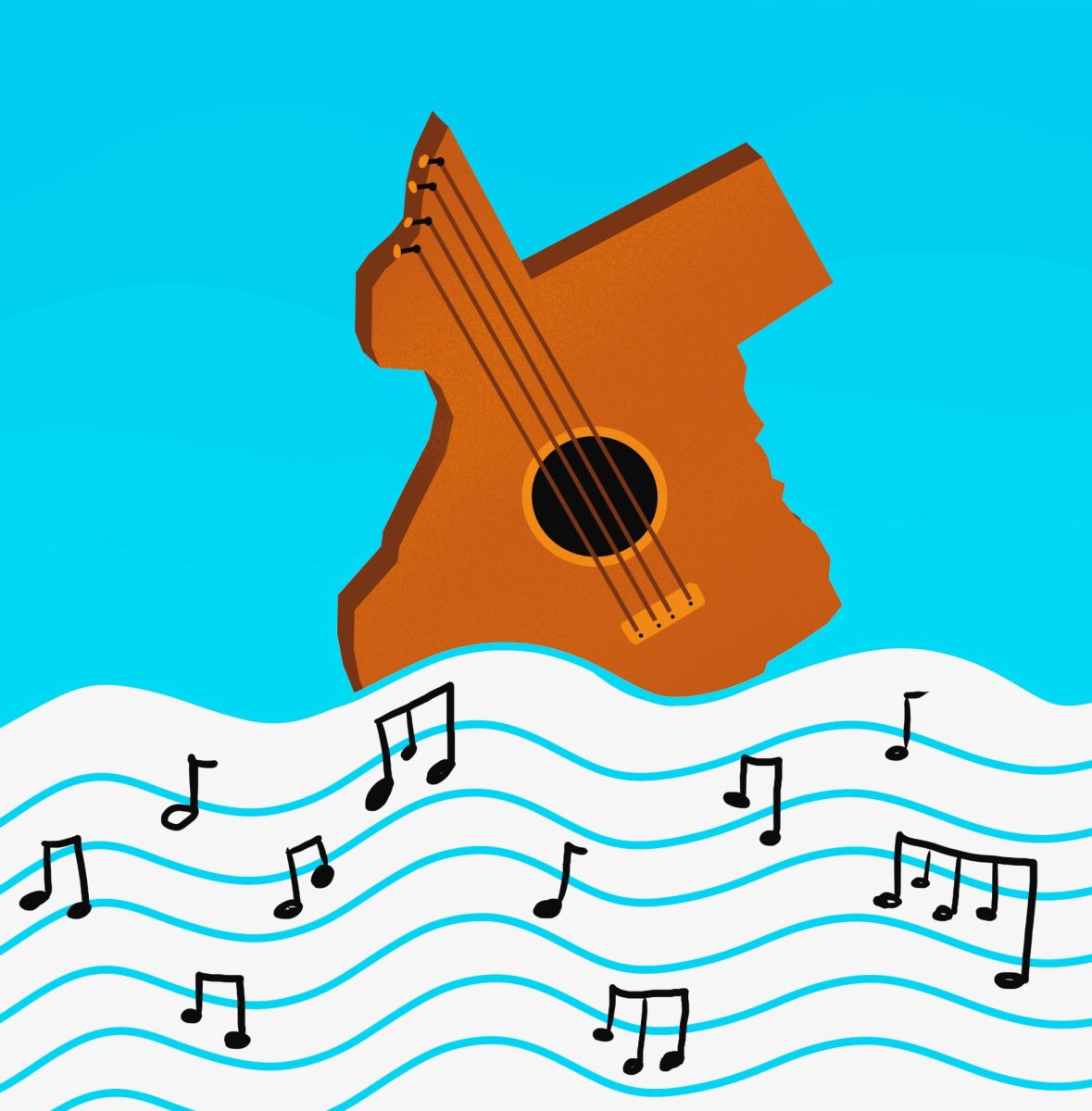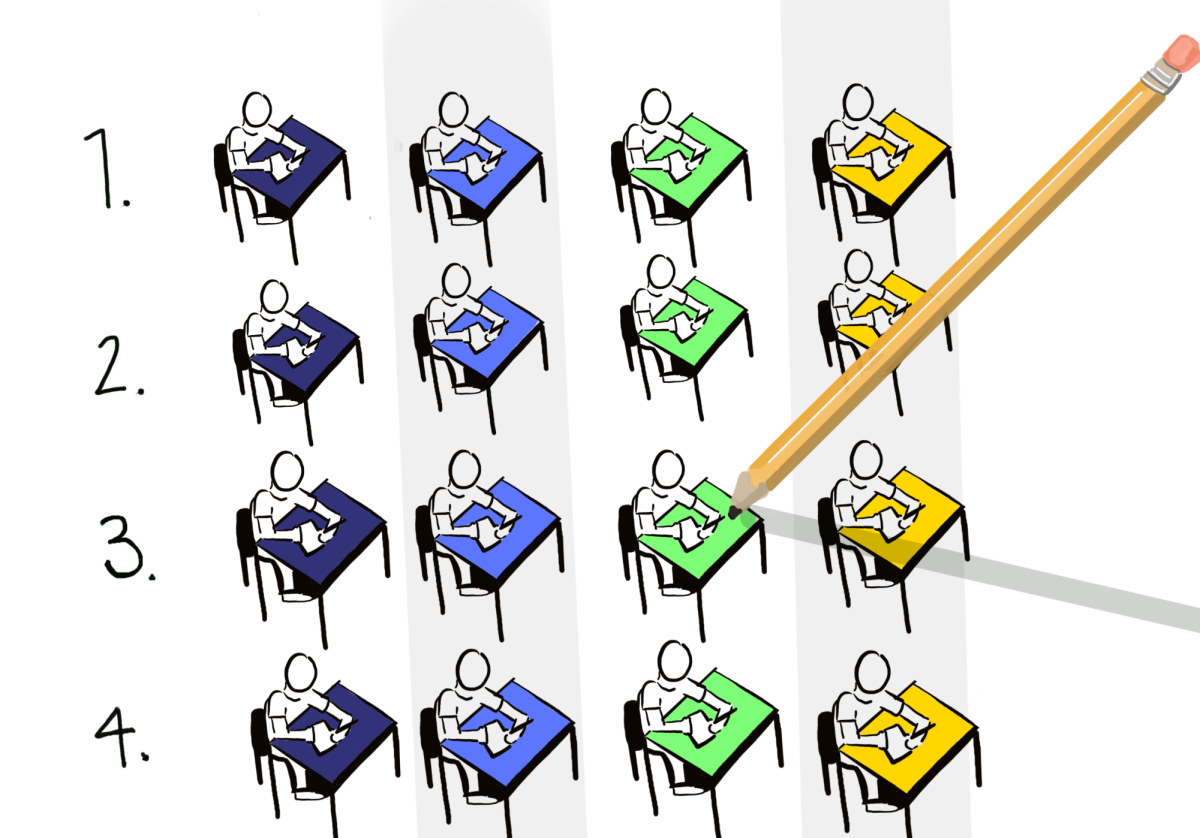I would be excited for the Texas Book Festival, which is the weekend of Oct. 22, if I could remember the last time I read a book for pleasure. I miss reading, and because my majors — Plan II, which is liberal arts personified (or perhaps degree-ified) and rhetoric and writing, which entails reading speeches — are as liberal artsy as can be, this should come as a surprise.
In the past week alone, I read 75 pages about our declining education system, 30 pages of my U.S. history textbook, 90 pages from a rhetorical theory handbook and a 25-page narrative, and this wasn’t even all the reading I was supposed to do for my classes. I skipped two whole classes worth of reading because I knew I simply didn’t have time to do it.
I have a feeling I’m not the only one this happens to. For some reason, professors seem to think that assigning upward of 100 pages per week to read is a feasible task for students. Multiply that times five classes, and that’s 500 pages per week. If it takes me three minutes to read each page — a conservative number, as textbooks are often complicated and take much more time to read, annotate and highlight — that’s 25 hours of reading per week. On top of that, teachers expect us to engage with the material, too. Add assignments, papers and tests to this equation and the time it takes to study and prepare for each of those, and there is no time left at all.
Do teachers not realize that even if all I did was school, I still wouldn’t be able to get all my reading done? We’re all balancing jobs, internships, volunteer work, student organizations and occasionally friends, too. Sometimes we even frequent that small strip of street dedicated to hedonism and a lack of inhibitions that is fondly referred to as “Dirty Sixth.” Whatever it is, on top of the reading load you undoubtedly carry, you have a real life as well.
So this load of reading each week becomes even more impossible. I feel like my professors are setting me up to fail. Since I know I don’t have time to do everything, I learn the art of reading only the beginning and end of chapters. I learn which classes have reading that is unnecessary. Wikipedia becomes my best friend. Reading is no longer about soaking up knowledge but about cannibalizing information as quickly as possible.
Now, even if I do have time when I could read for fun again, I can’t. I simply feel too guilty. No matter how hard I try to finish it, I always have reading I could be doing for school, so that’s the reading I limit myself to. When I go home for breaks, my brain is so tired from all my textbooks and rhetorical analyses that I cry out for mindless engagements and end up reading literary trash such as the “Twilight” series just so I don’t have to think.
As a kid, I read all the time. The New Yorker just celebrated the 50th anniversary of one of my favorite childhood books: “The Phantom Tollbooth.” My sixth grade English class read parts of it and ended up using the plot to hold a debate over an age-old query: Which is better: numbers or letters? I still remember that debate. I still wonder which one is better and if we could every truly live without one of them.
When was the last time that happened with reading for school? I probably couldn’t summarize half of what I read for the past week, much less the past three years. My heroes used to be Heidi, Anne of Green Gables and Laura Ingalls Wilder. Now, with the heavy weight of unmet expectations on our shoulders, it is no wonder that the heroes of today’s college student are the things that help us forget our failures: Shiner, Smirnoff and Sixth Street.
Taylor is a Plan II and rhetoric and writing senior.




















